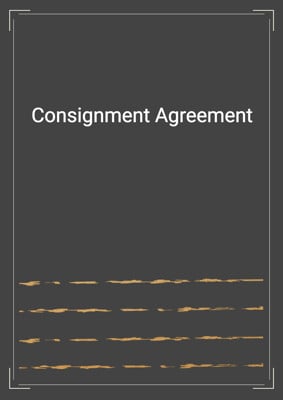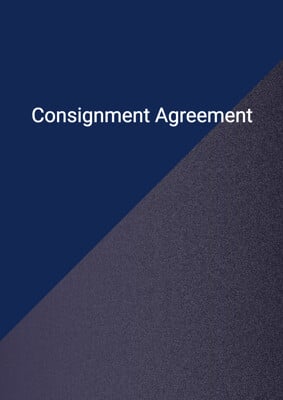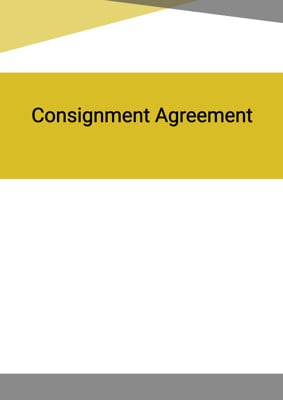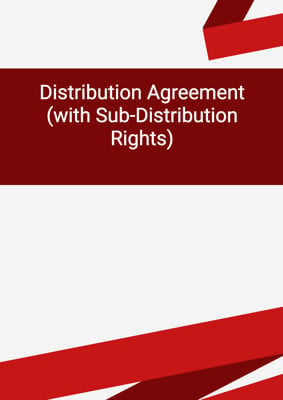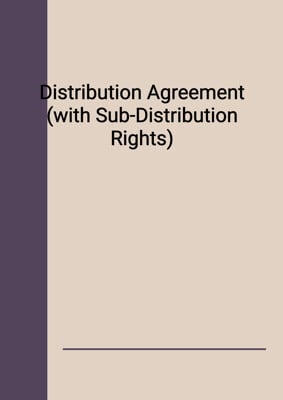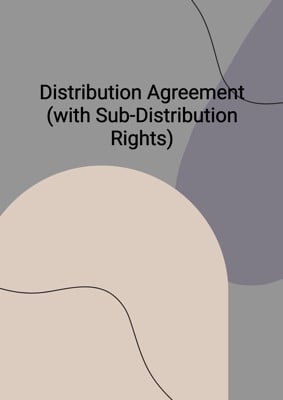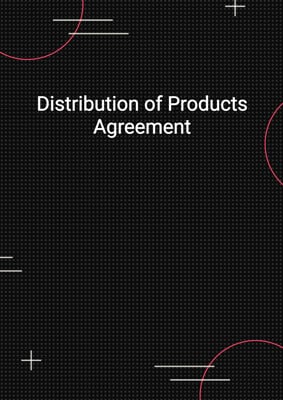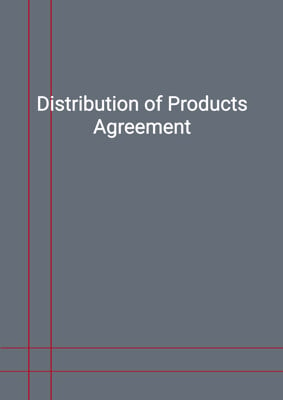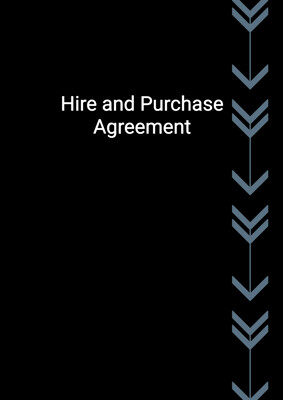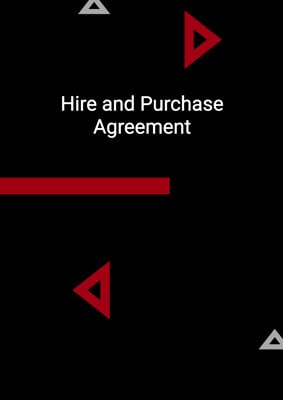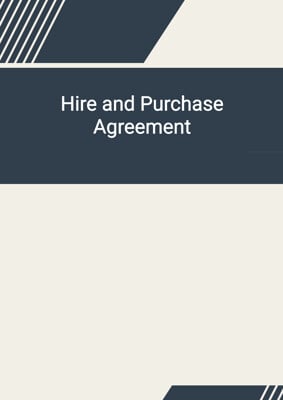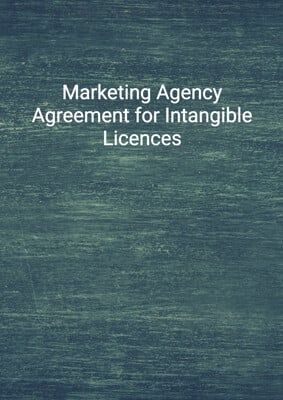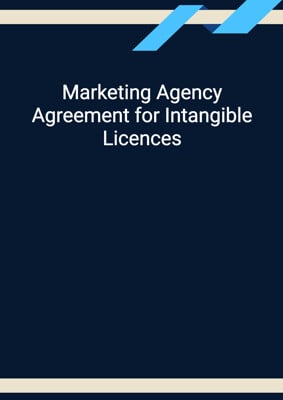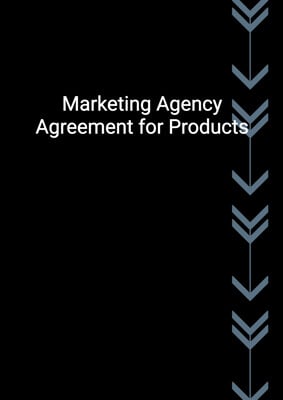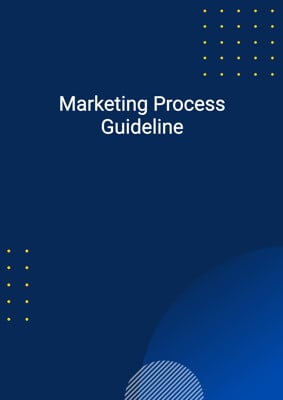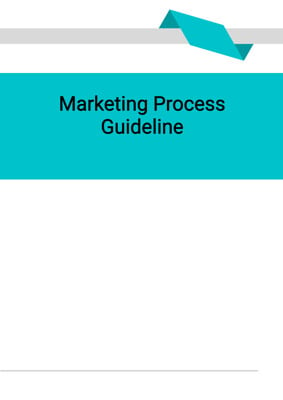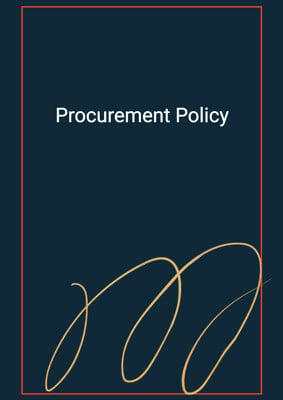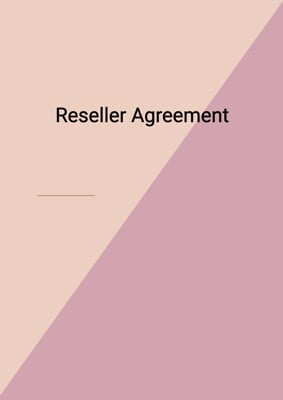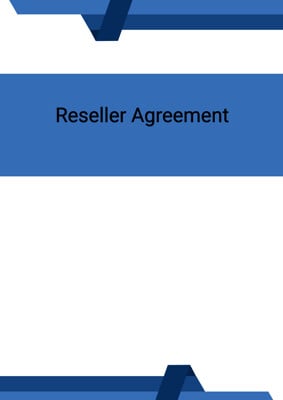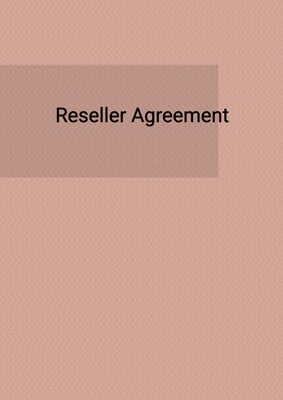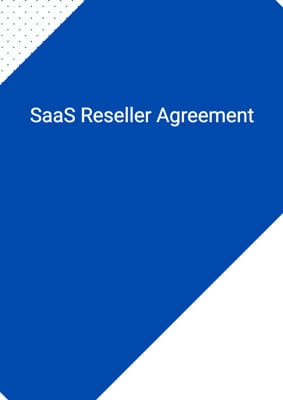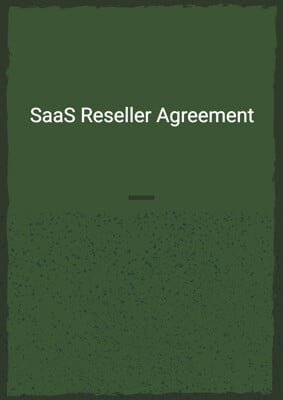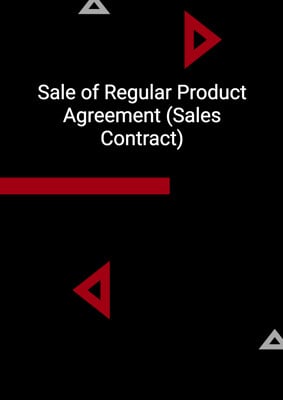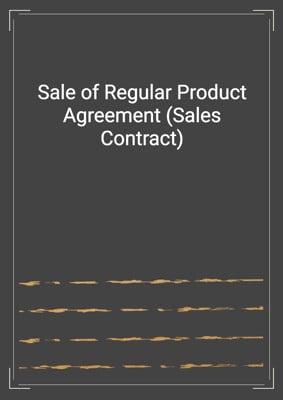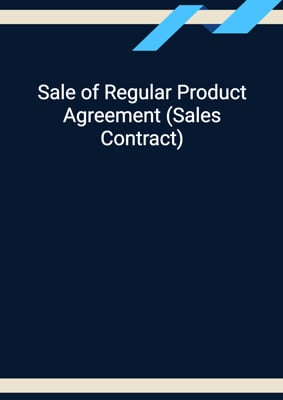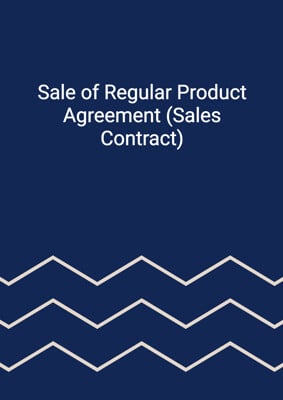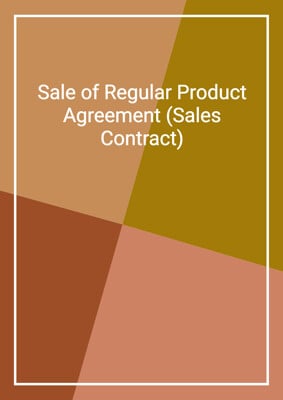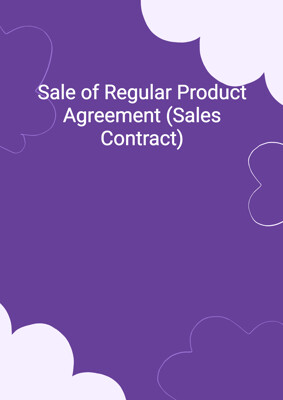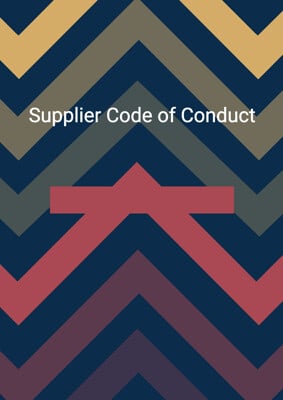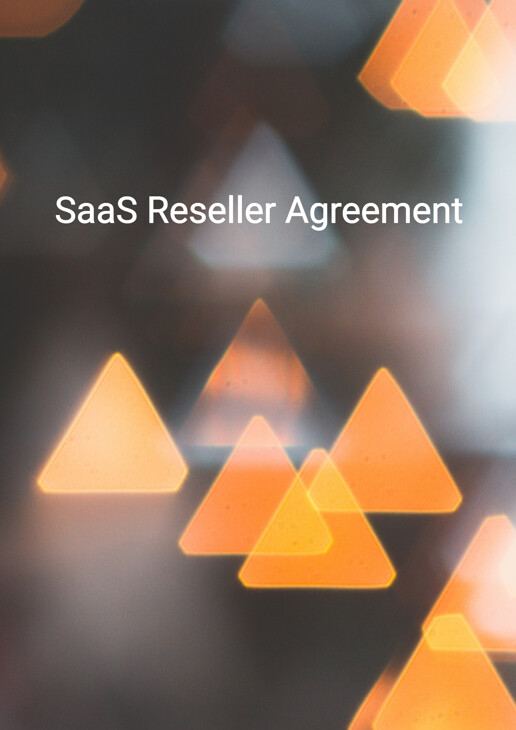
SaaS Reseller Agreement
Reseller
This document can be used as a SaaS Reseller Agreement / B2B contract / SaaS Agreement template that enables a reseller to resell Company's SaaS software and services to his customers in his territory. The Reseller earns a profit margin between the prices. The Agreement is drafted in favour of the Reseller.
How to Tailor the Document for Your Need?
01
Create Document
Fill in the details of the parties. You can click the "Fill with Member’s Information" button to complete it with information saved to your account.
02
Fill Information
Please fill in any additional information by following the step-by-step guide on the left hand side of the preview document and click the "Next" button.
03
Get Document
When you are done, click the "Get Document" button and you can download the document in Word or PDF format.
04
Review Document
Please get all parties to review the document carefully and make any final modifications to ensure that the details are correct before signing the document.
Document Preview
Document Description
A SaaS (Software as a Service) Reseller Agreement is a contract that grants a reseller (who is the middleman between the owner and the user of any software) the right to market and sell a SaaS provider’s software services to end customers.
To the SaaS provider, such an agreement enables faster expansion and growth, and thus wider market exposure by leveraging the reseller's established sales channels and customer base. The provider may as a result save the cost of hiring and maintaining a direct sales and marketing team, especially if it yearns for global expansion. As to the reseller, the agreement allows it to focus on sales marketing and customer support without the overhead of product development. In some circumstances, the agreement also extends the potential for exclusivity rights in certain markets or industries, providing a competitive advantage.
One should pay particular attention to the ownership clause and intellectual property rights, which state who the owner of the software is. They are the crucial elements of this agreement, ensuring clear ownership, protecting the rights of the SaaS provider and maintaining the integrity of the software being resold.
How to use this document?
1. Obtain a copy of the SaaS Reseller Agreement.
2. Read and understand the entire agreement, paying attention to the definitions and key terms provided in the interpretation section.
3. Familiarize yourself with the appointment and term section, which outlines the initial term of the agreement and the notice period for termination.
4. Review the order requirements section to understand the process of placing orders for the products and Party 1's right to accept or reject orders.
5. Understand the payment terms outlined in the payment section, including the provision for monthly statements and the notification period for errors.
6. Take note of the grant of license section, which specifies the rights and restrictions of Party 2 in using the products.
7. Review the responsibilities outlined in the sale of the products section, including the promotion of the products in the territory and the restrictions on seeking orders outside the territory.
8. Understand the rights and restrictions of Party 2 as a reseller, as stated in the reseller's rights and restrictions section.
9. Familiarize yourself with the general duties of Party 2 outlined in the reseller's general duties section.
10. Take note of the company's general rights and duties, including the provision of technical assistance, training, and marketing materials.
11. Understand the confidentiality obligations outlined in the confidentiality section and the permitted disclosure of confidential information.
12. Review the intellectual property section to understand Party 1's ownership of the products and the license granted to Party 2.
13. Consider the liability provisions, including the absence of warranties and the requirement for adequate insurance cover.
14. Understand the termination provisions, including the circumstances under which either party can terminate the agreement and the obligations upon termination.
15. Take note of the force majeure provision, which excuses non-performance due to unforeseen circumstances.
16. Review the general provisions, including those related to assignment, independent contractor status, notices, waivers, invalid provisions, amendments, entire agreement, third-party rights, arbitration, and proper law.
17. Understand the requirements for giving notice under the agreement, including the language and method of delivery.
18. Seek legal advice if needed to ensure full compliance with the terms and conditions of the SaaS Reseller Agreement.
Not the right document?
Don’t worry, we have thousands of documents for you to choose from:

